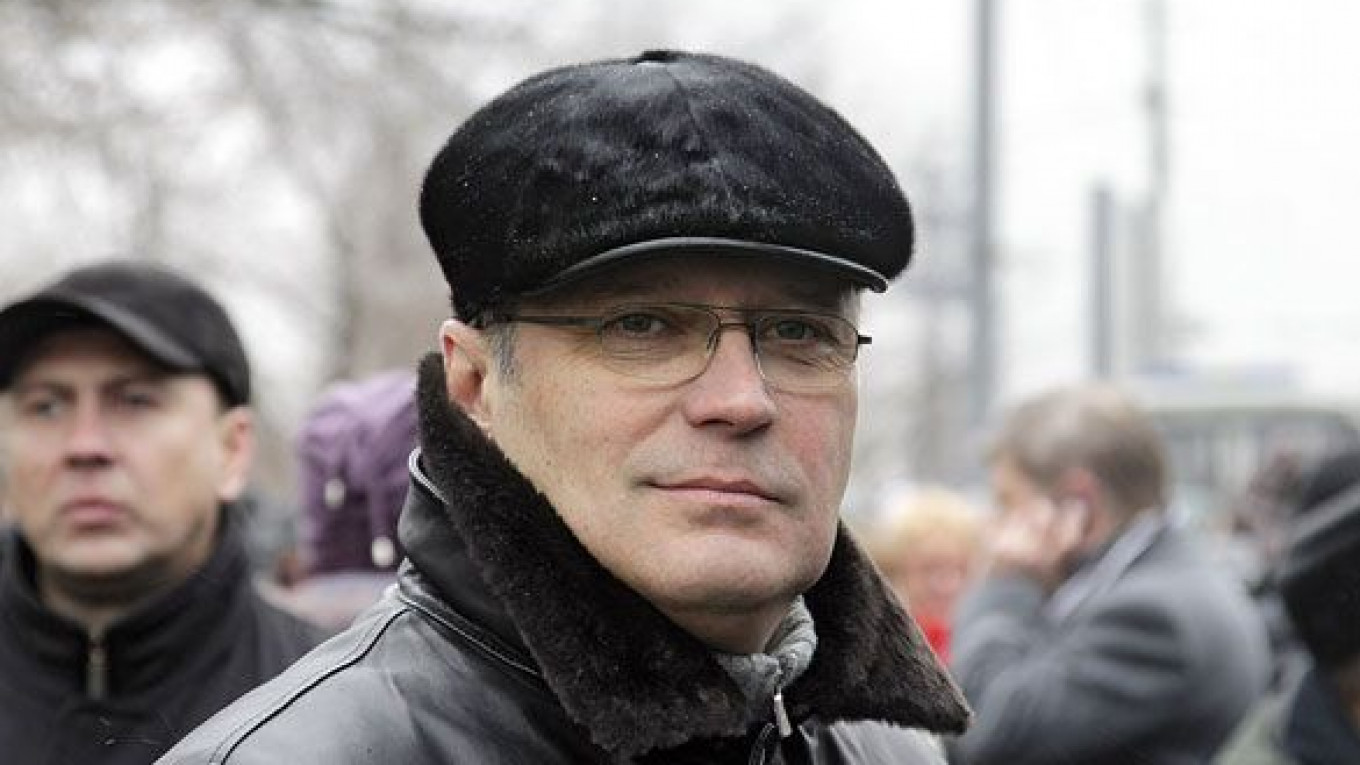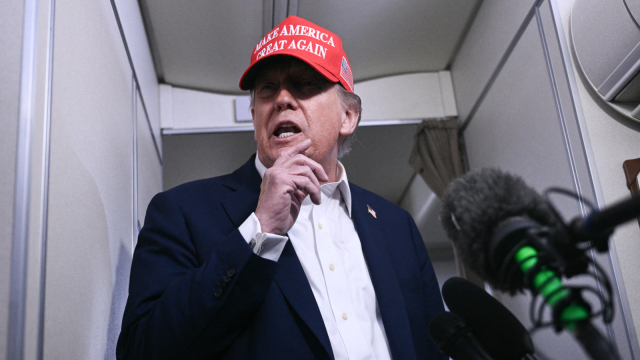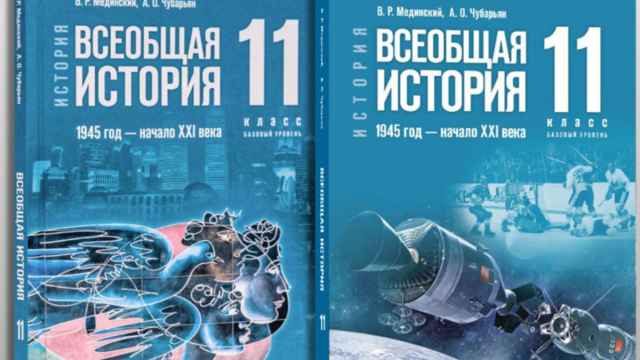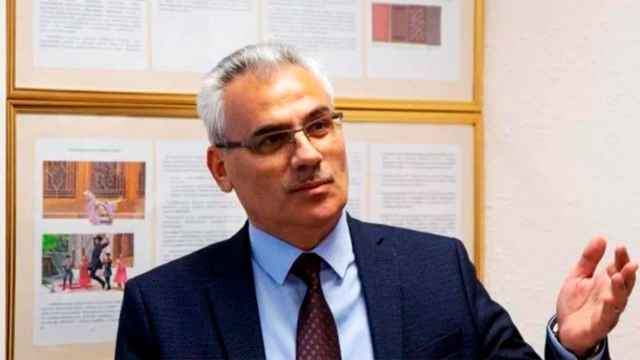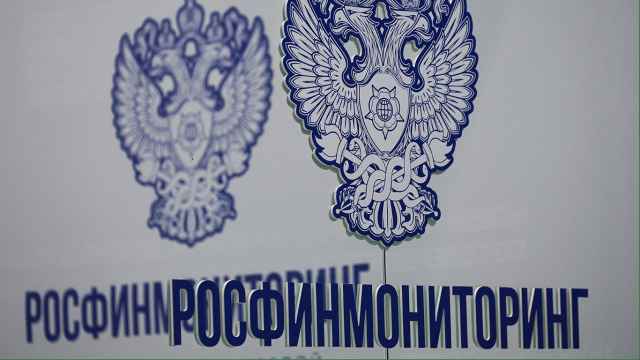An opposition roundtable intended to unite opponents of President Vladimir Putin went largely ignored by the younger leaders of the protest movement, evidence that the protest camp is still in disarray, insiders and opponents said.
Friday's roundtable, presided over by former Prime Minister Mikhail Kasyanov and Vladimir Ryzhkov, the leaders of the newly merged RPR-PARNAS liberal party, was one of the many attempts to call for unity in the opposition movement.
"We are sure that only peaceful methods can be used to change the regime," Kasyanov said at the roundtable at the Ararat Hotel on Friday.
But Kasyanov's calls for unity, supported by some political dissidents, including Lyudmila Alexeyeva, chairman of the Moscow Helsinki human rights group, were ignored by more popular leaders of the protest movement, including Alexei Navalny, leftist politician Sergei Udaltsov and liberal Ilya Yashin.
All of them, including seasoned liberal politician Boris Nemtsov, skipped the meeting, despite being invited by the organizers.
"Many of those who didn't come did it for ideological reasons," Yabloko party co-chairman Sergei Ivanenko said.
"Younger leaders don't want to unite, since they see many of the elder politicians as 'old guys' from the '90s," a senior political strategist who helped organize the roundtable said.
She spoke on condition of anonymity because she was not authorized to speak with the press.
The absence of young leaders, including Navalny, who is seen by many as a rising star of the protest movement, was clear evidence of a divide in the opposition as it looks for a way to harness the protest sentiment in the country.
"The main way to force authorities to take part in a roundtable should be large-scale peaceful protests based on democratic values," the roundtable's mission statement said.
But opposition leaders who did attend the roundtable acknowledged that their powers to reach a broad Russian audience are limited because their slogans do not appeal to a mass audience of Russians who would rather support forces on the left.
"The problem with democratic forces can be described as a problem with the second word: 'forces,'" liberal Yabloko party deputy Sergei Ivanenko said.
"Nothing changes from our talks, things change only when people get on the street," leftwing Just Russia deputy Gennady Gudkov said during the roundtable.
The opposition's inability to unite around a political program is noticed by political opponents as well.
"Those December protests could have been turned into a real asset, but they were not," a United Russia State Duma deputy told The Moscow Times last week.
The deputy, who spoke on condition of anonymity, said Putin might take advantage of the situation in the opposition camp by dissolving the United Russia-dominated Duma and calling for early elections.
His statement was echoed by prominent sociologist Olga Kryshtanovskaya, who resigned from the United Russia party in the summer.
"The feeling of a historical end and danger for a system can stimulate unexpected steps," Kryshtanovskaya told the Novaya Gazeta newspaper, citing a dissolution of the parliament and an early appearance of a Kremlin-backed candidate as some of those steps.
Related articles:
A Message from The Moscow Times:
Dear readers,
We are facing unprecedented challenges. Russia's Prosecutor General's Office has designated The Moscow Times as an "undesirable" organization, criminalizing our work and putting our staff at risk of prosecution. This follows our earlier unjust labeling as a "foreign agent."
These actions are direct attempts to silence independent journalism in Russia. The authorities claim our work "discredits the decisions of the Russian leadership." We see things differently: we strive to provide accurate, unbiased reporting on Russia.
We, the journalists of The Moscow Times, refuse to be silenced. But to continue our work, we need your help.
Your support, no matter how small, makes a world of difference. If you can, please support us monthly starting from just $2. It's quick to set up, and every contribution makes a significant impact.
By supporting The Moscow Times, you're defending open, independent journalism in the face of repression. Thank you for standing with us.
Remind me later.


